Amitoj Singh
Independent Ethical Assessment of Text Classification Models: A Hate Speech Detection Case Study
Jul 19, 2021


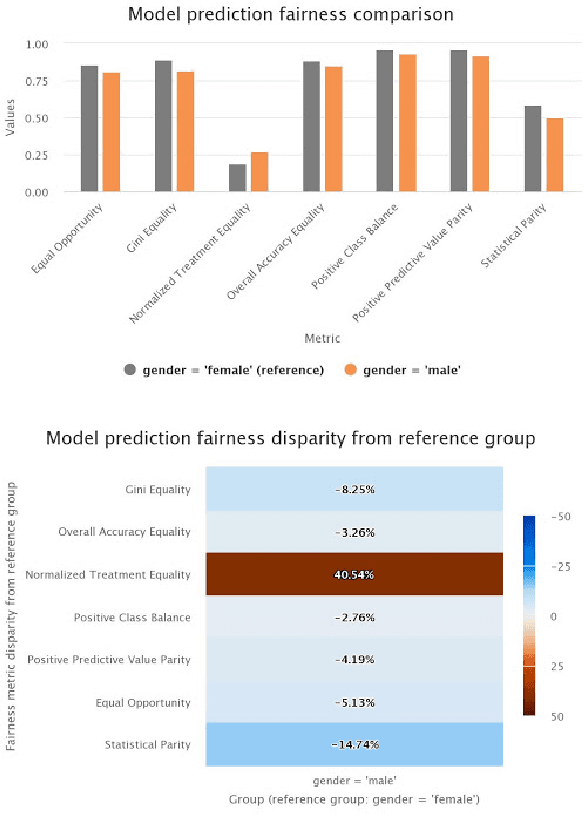
Abstract:An independent ethical assessment of an artificial intelligence system is an impartial examination of the system's development, deployment, and use in alignment with ethical values. System-level qualitative frameworks that describe high-level requirements and component-level quantitative metrics that measure individual ethical dimensions have been developed over the past few years. However, there exists a gap between the two, which hinders the execution of independent ethical assessments in practice. This study bridges this gap and designs a holistic independent ethical assessment process for a text classification model with a special focus on the task of hate speech detection. The assessment is further augmented with protected attributes mining and counterfactual-based analysis to enhance bias assessment. It covers assessments of technical performance, data bias, embedding bias, classification bias, and interpretability. The proposed process is demonstrated through an assessment of a deep hate speech detection model.
Consumer Demand Modeling During COVID-19 Pandemic
May 03, 2021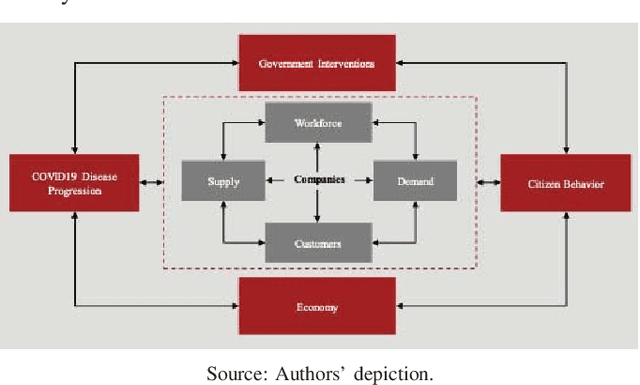
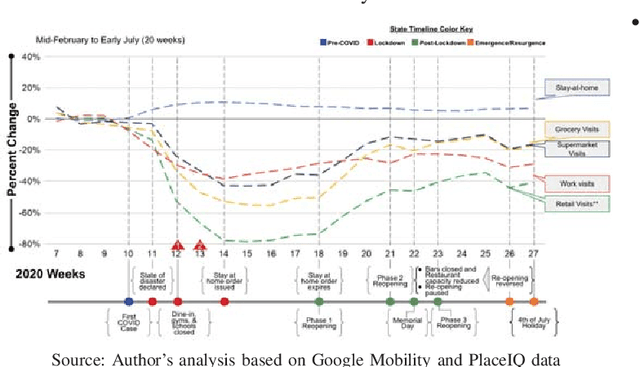
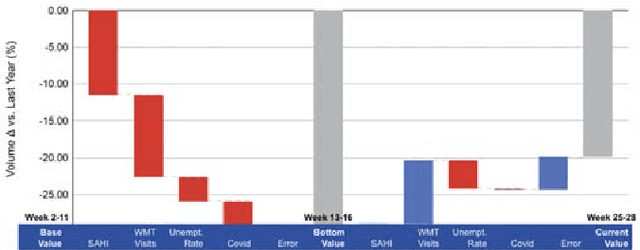
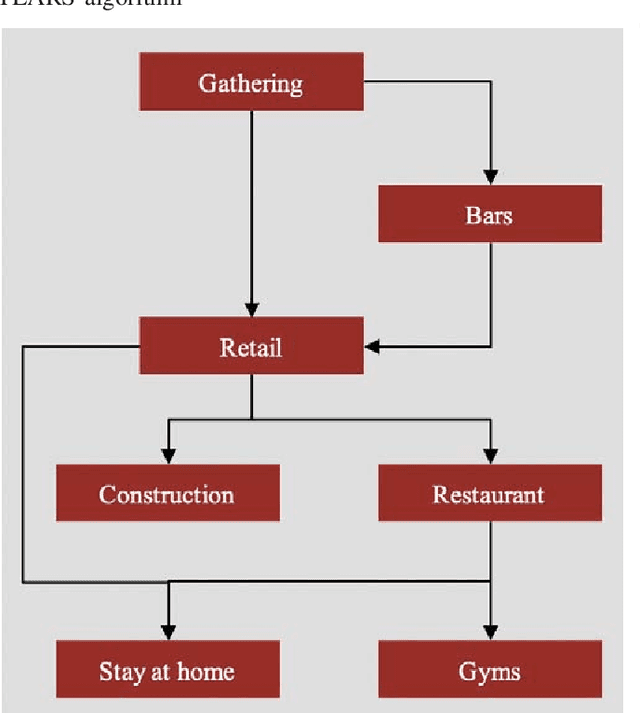
Abstract:The current pandemic has introduced substantial uncertainty to traditional methods for demand planning. These uncertainties stem from the disease progression, government interventions, economy and consumer behavior. While most of the emerging literature on the pandemic has focused on disease progression, a few have focused on consequent regulations and their impact on individual behavior. The contributions of this paper include a quantitative behavior model of fear of COVID-19, impact of government interventions on consumer behavior, and impact of consumer behavior on consumer choice and hence demand for goods. It brings together multiple models for disease progression, consumer behavior and demand estimation-thus bridging the gap between disease progression and consumer demand. We use panel regression to understand the drivers of demand during the pandemic and Bayesian inference to simplify the regulation landscape that can help build scenarios for resilient demand planning. We illustrate this resilient demand planning model using a specific example of gas retailing. We find that demand is sensitive to fear of COVID-19: as the number of COVID-19 cases increase over the previous week, the demand for gas decreases -- though this dissipates over time. Further, government regulations restrict access to different services, thereby reducing mobility, which in itself reduces demand.
 Add to Chrome
Add to Chrome Add to Firefox
Add to Firefox Add to Edge
Add to Edge